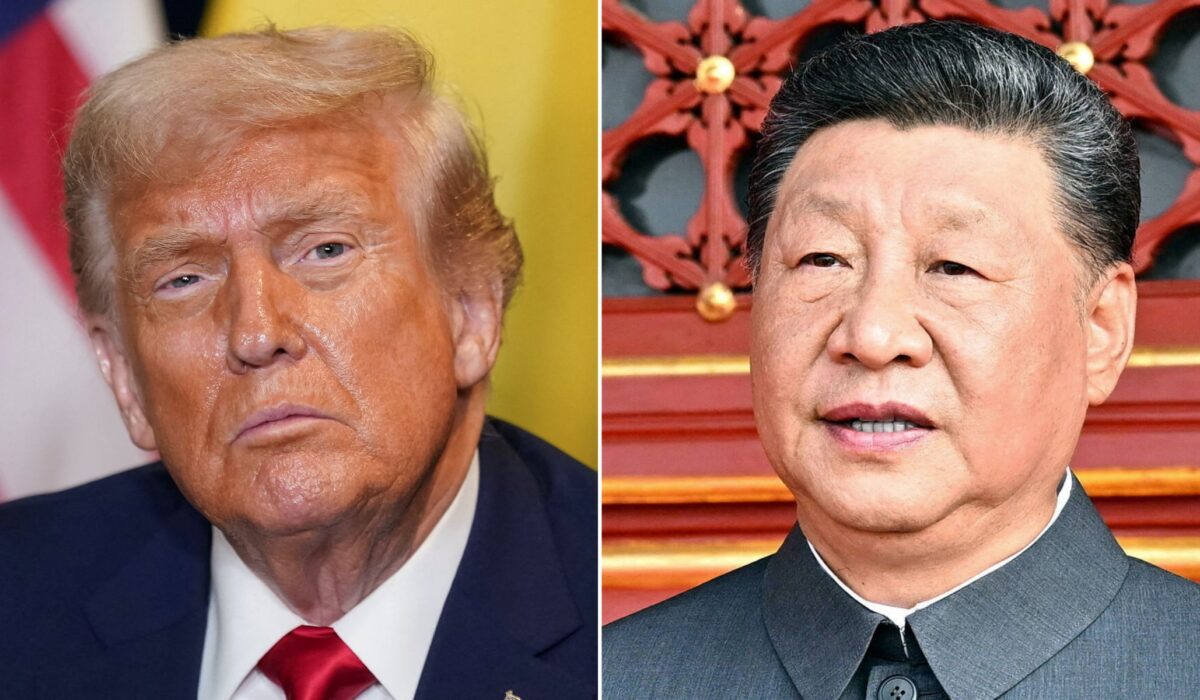Follow the Money: How Chinese Gangs Help Cartels Clean Cash
The headline is simple: follow the money, and you find a network that links cartels to shadowy syndicates. At the center of this maze are Chinese criminal groups that have developed efficient ways to turn illicit cash into usable funds. This story is not about one event but about a persistent pattern across borders and industries.
Front companies are a common tool, set up to look legitimate while moving dirty money through ordinary commerce. Restaurants, trade firms, and import-export operations can show fake invoices or inflated prices to disguise cash inflows. These businesses make the money look legal on paper and give criminals access to bank services without immediate suspicion.
Trade-based laundering is another method, where goods are over- or under-invoiced so value shifts without moving cash visibly. Containers can be used as cover for value swaps that regulators have trouble tracing. Customs and banking systems were designed for normal trade, not for sophisticated manipulation at scale.
Casinos and cash-heavy businesses also play a role, because they convert paper bills into chips and then back into checks or withdrawals. That creates a paper trail that looks like gambling revenue rather than drug proceeds. The result is money that can be deposited into banks or invested with far less scrutiny.
Cash smuggling remains part of the toolkit, with large sums physically moved across borders and then fed into local economies. Once that cash is in place, local criminal networks and corrupt officials can help integrate it. Corruption and weak oversight are the grease that lets the system run.
Technology has changed laundering patterns, with digital payment platforms and online exchanges providing new gateways. Mobile payments and overseas accounts can make small transfers that add up without triggering the same alarms as one big deposit. Regulators are still catching up to these tech-enabled methods.
Money changers and underground banking systems known as informal value transfer systems move value without traditional banks. These networks rely on trust and long-standing ties, making them fast and hard to monitor. Law enforcement struggles because transactions often leave no official record in regulated institutions.
Some gangs act as middlemen, taking a cut to convert cartel cash into legitimate assets for others to use. They might handle logistics, coordinate bribery, or manage front businesses. That specialization reduces risk for cartel leadership and spreads operations across many actors, complicating investigations.
International cooperation is essential but slow, since laws, priorities, and resources vary by country. Mutual legal assistance treaties exist but the paperwork and politics can stall urgent inquiries. Investigations can outpace the legal mechanisms meant to support them.
Financial intelligence units and targeted sanctions are tools that can disrupt these networks when used decisively. Tracing cross-border transactions, freezing assets, and cracking down on front companies remove safe havens. But enforcement needs steady focus and a willingness to follow complex money trails wherever they lead.
Public awareness matters because demand for illicit goods fuels the whole system, and local businesses can be unwitting participants. Better reporting standards and tighter audits of cash-intensive sectors make laundering harder and riskier. The battle over dirty money is ongoing and requires a mix of policy, enforcement, and international coordination.

